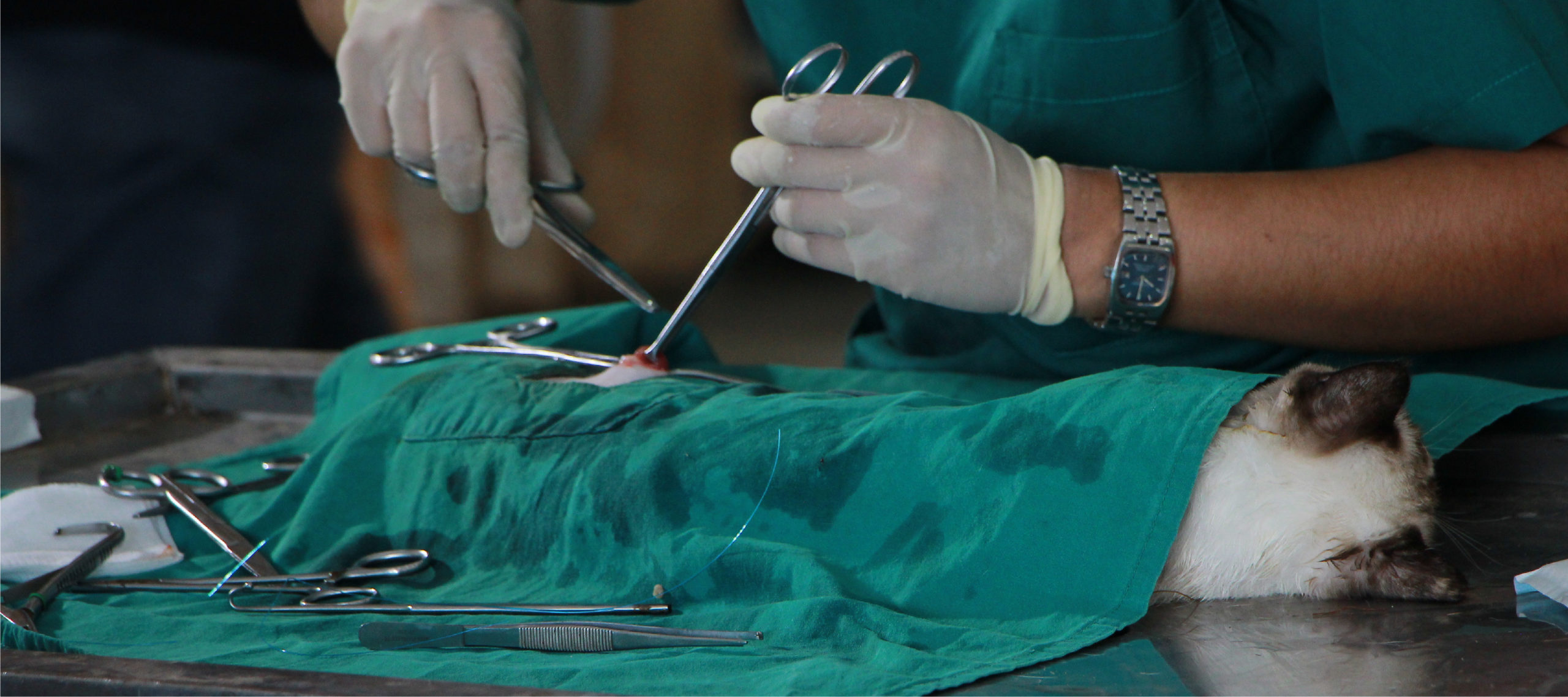
Animal Welfare Standards of Vets
Advancing Animal Welfare Standards within
The Veterinary Profession
With Italian translation
Abstract
Historically, expenditure on animals and attitudes toward animal welfare have improved, with increasing social affluence. However, recent events suggest veterinary attitudes may be lagging behind those of the general public. Despite widespread public opposition to, and in some cases the passage of legislation against, the force-feeding of ducks and geese during foie gras production, the export of live sheep, the caging and ‘forced’ molting of laying hens, the confinement of sows in gestation crates, and several other farming practices, the American Veterinary Medical Association (AVMA) and the Australian Veterinary Association have continued to support such practices.
Knight A (2008). Advancing animal welfare standards within the veterinary profession. REDVET, 9(10B).
Summaries
Improving Veterinary Attitudes Towards Animal Welfare
With referenced version
Knight A (2010). Improving veterinary attitudes towards animal welfare. AWSELVA J, 14(1), 7-9.
Veterinarians Must Hake Voices Heard on Animal Welfare
Knight A (2009). Veterinarians must make voices heard on animal welfare. Vet Times, 39(26), 38, 40.
